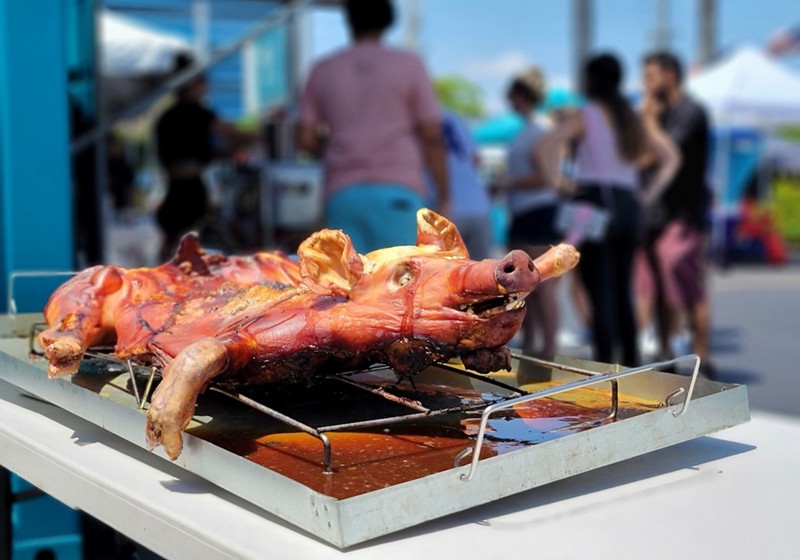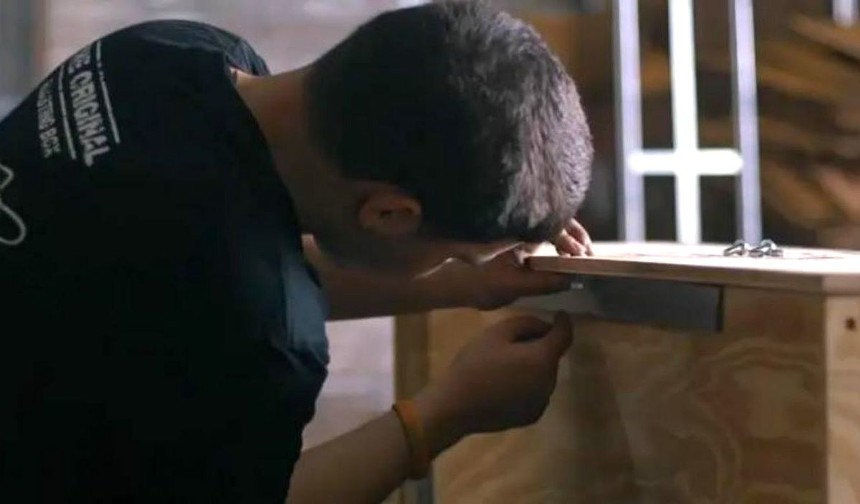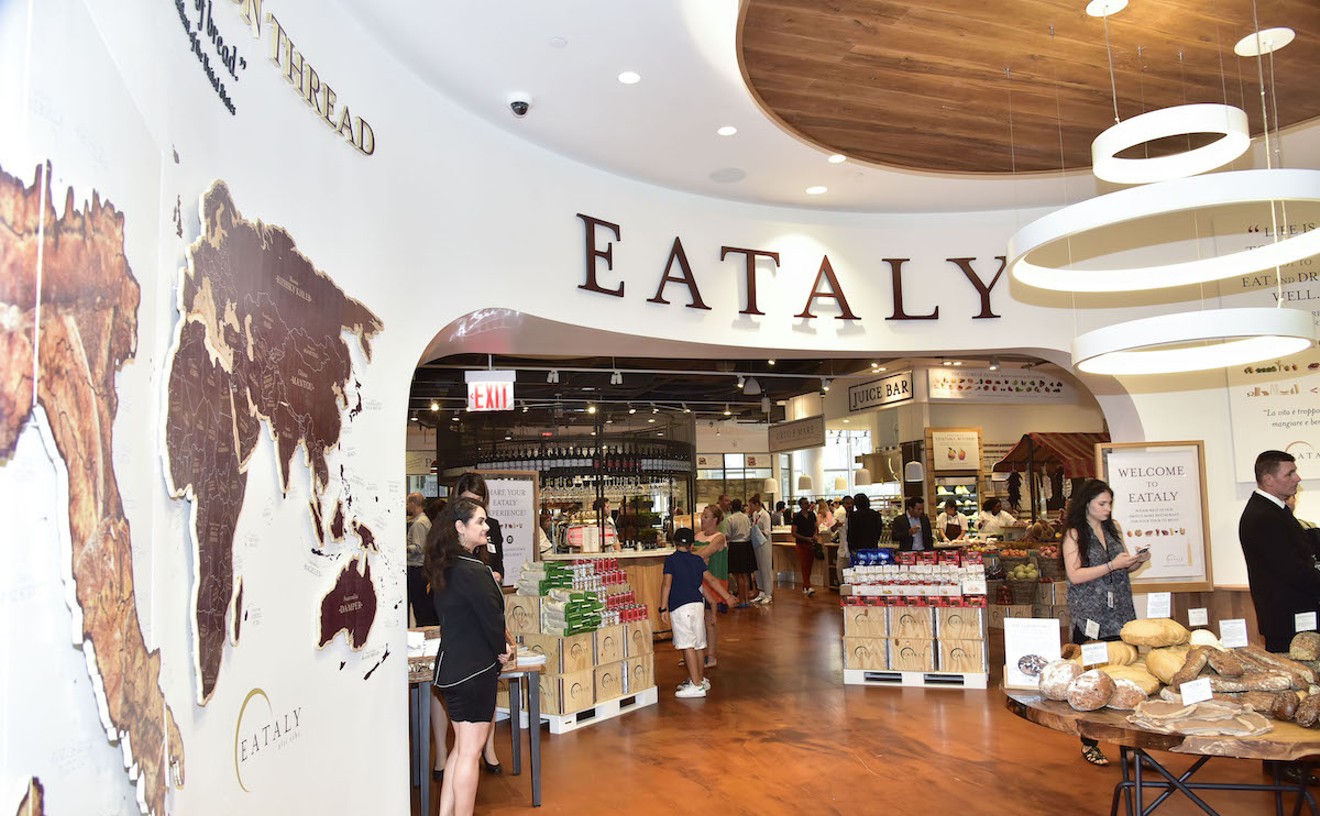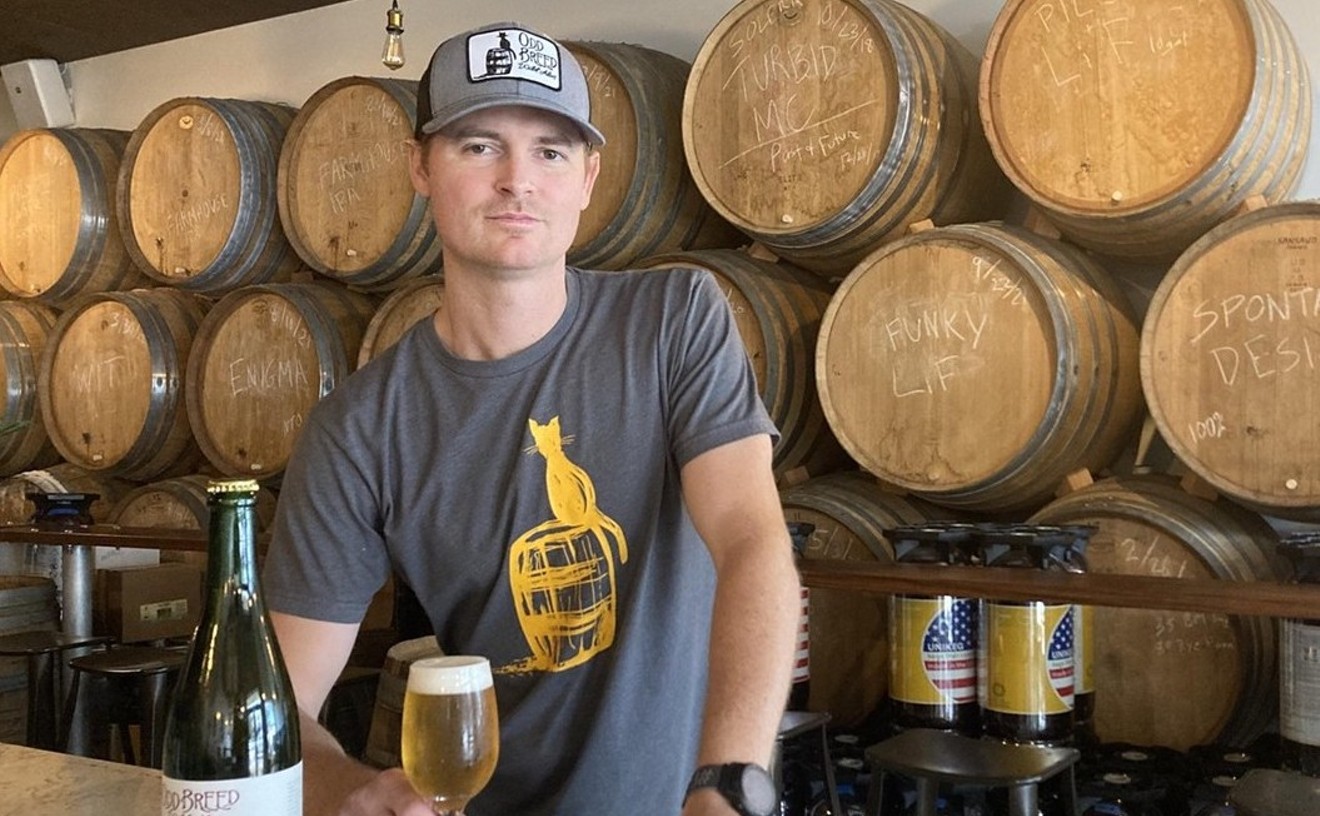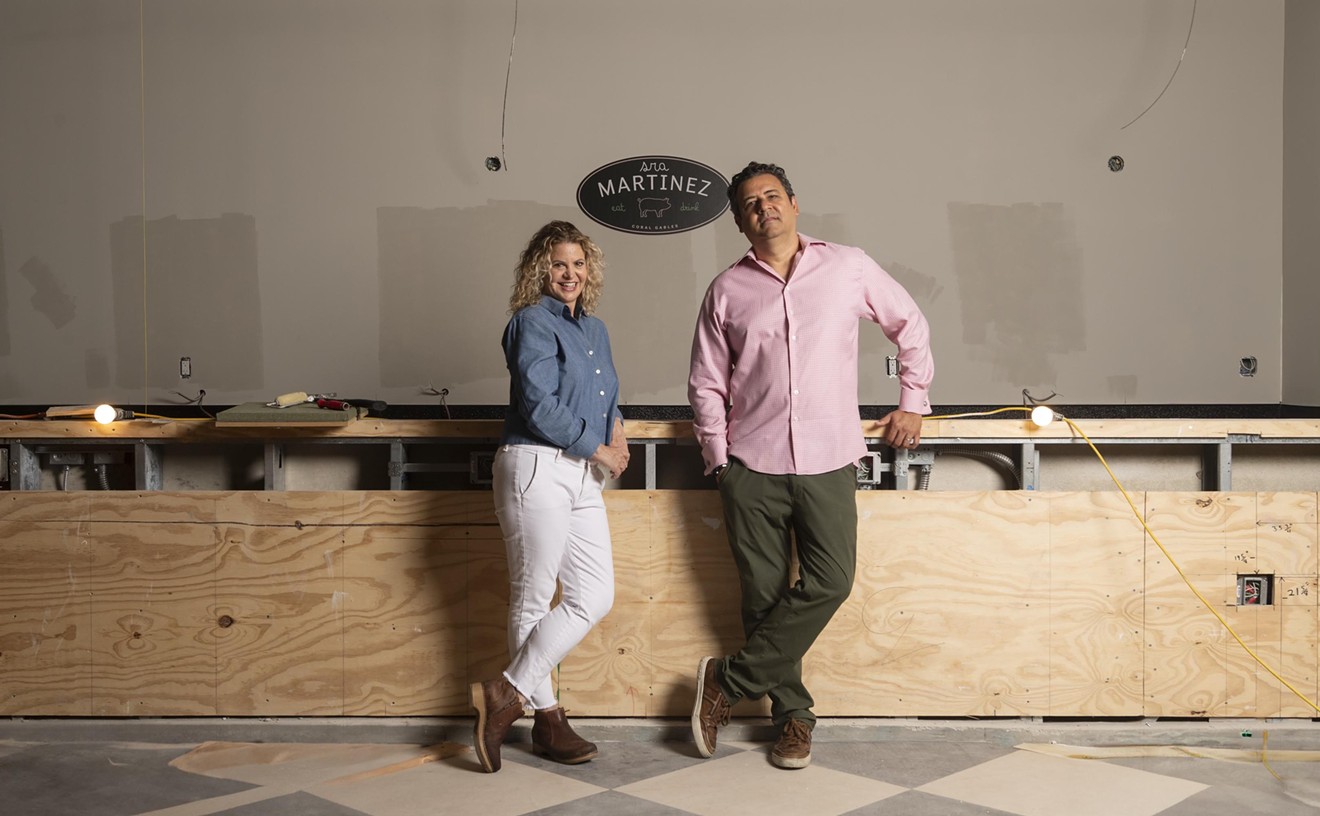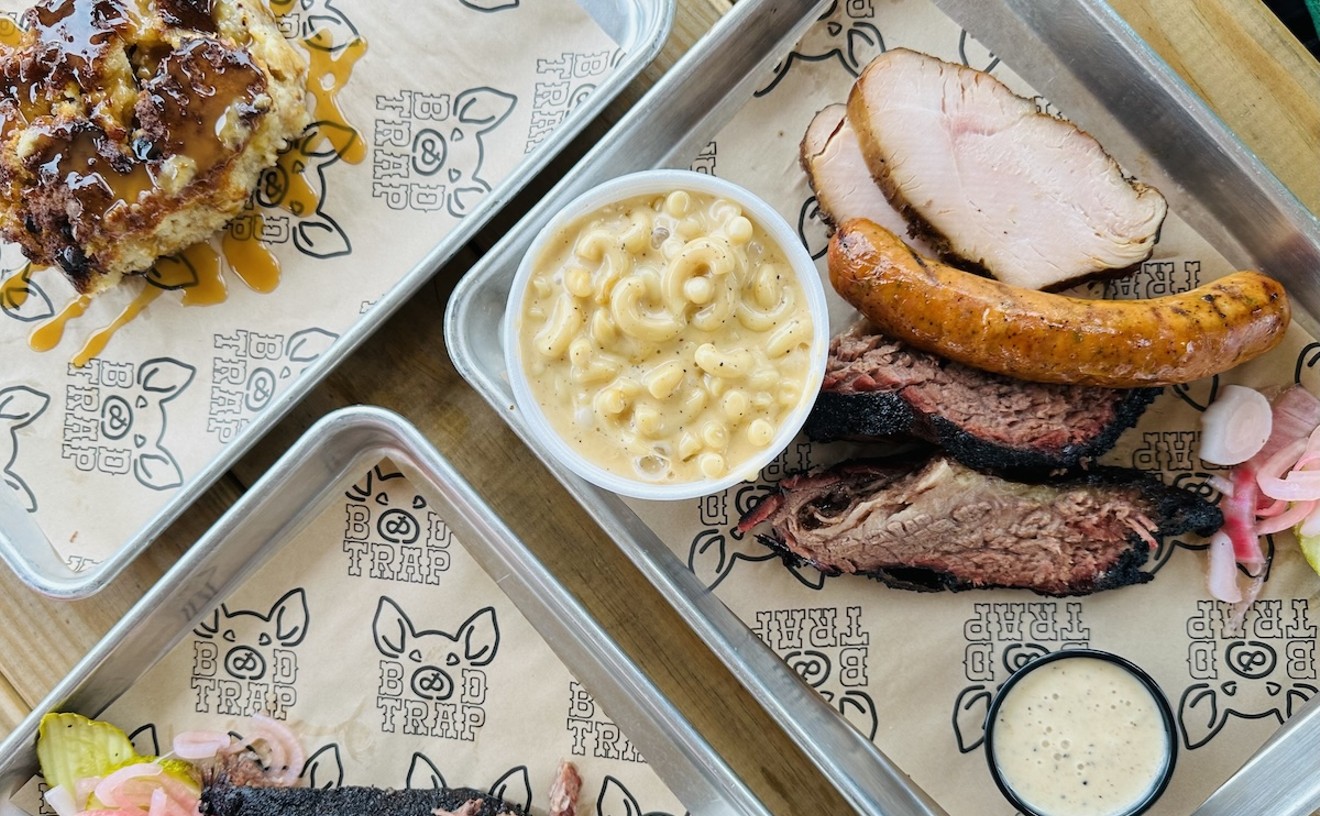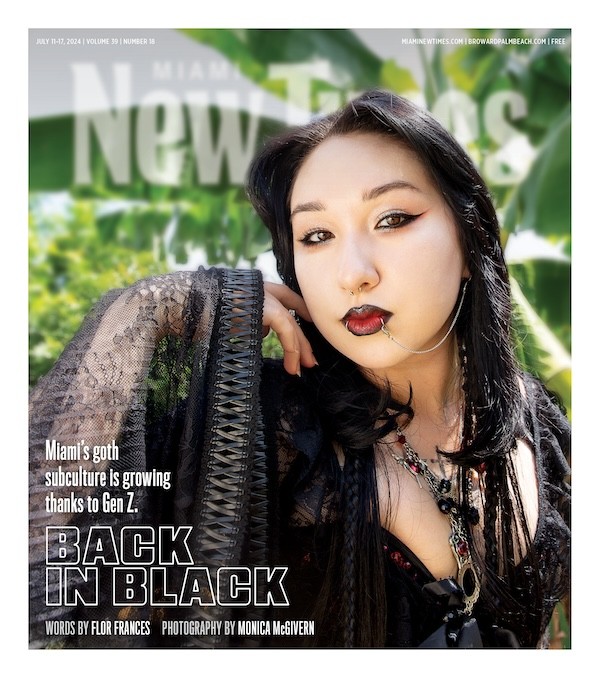From eggnog and coquito to prime rib and gingerbread cookies, the holidays include a variety of fare that makes each state individually unique.
For some Miami families, Nochebuena is more important than Christmas itself. The celebration means time for gathering friends, family, and a Cuban pig roast. And while there are many ways to cook a whole pig, the preferred Miami method involves the "China box," better known as La Caja China.
A sort of portable oven, the Caja China is a wooden or metal box that places the heat source on top — a method that proved effective for roasting whole animals. Not only does the meat emerge incredibly tender, but it cooks in far less time than in a traditional barbecue or firepit.
The Guerra family's Caja China roasting boxes are among the best-kept secrets in American barbecue. Nothing else on the market in its price range can roast a whole animal up to 100 pounds in just four hours, yielding a hallmark tender result that makes them so popular.
Today, Avian Guerra and his father, Robert, are the owners of the official La Caja China, what they claim as the country's first commercial producer of the appliance.
Avian Guerra says his grandfather, Roberto, is the man behind the China box we know today. As the story goes, during the 1950s, when Chinese immigrants first landed in Cuba to build the railroads, locals like Roberto would watch as the community joined together to roast meats in a box-shaped oven with a metal grate perched above smoldering charcoal.
"That image always stuck in his mind, and he never forgot it," he tells New Times.
Thirty years later, after emigrating to the United States, Roberto decided to make his first prototype, a rough wooden box. He and his son made several more that year while developing recipes and determining cooking times.
"In the beginning, it was just a hobby," Avian Guerra says. "It was something to keep him busy and active. After a few years of making some here and there for friends and family, he approached my father with the idea to start a business."
In 1987, the father-and-son duo founded La Caja China in the Miami suburb of Medley. In the beginning, they manufactured anywhere from 12 to 15 handmade wooden barbecue boxes each year, selling them locally.
It wasn't until the early 2000s that things began to change, when Miami chef Douglas Rodriguez asked the family to make him several Caja China boxes to roast lamb at the 2004 South Beach Wine & Food Festival.
A few months later, the New York Times ran an article about La Caja China. Then came TV appearances with Bobby Flay, Al Roker, and Martha Stewart. The China box — and Miami's La Caja China — became instantly famous.
"That's when my dad saw there's was something more and began to build the business," Avian Guerra says.
The family-run factory has since expanded to Hialeah, where 15 employees hand-cut wood and metal before assembling the nine models the company sells. Classic wooden boxes are sold according to the weight of the animal to be cooked. Prices start at $389 for a 40-pound box and run up to $449 for a 100-pound roaster. Introduced in recent years, metal boxes offer a more durable product, often used for commercial purposes.
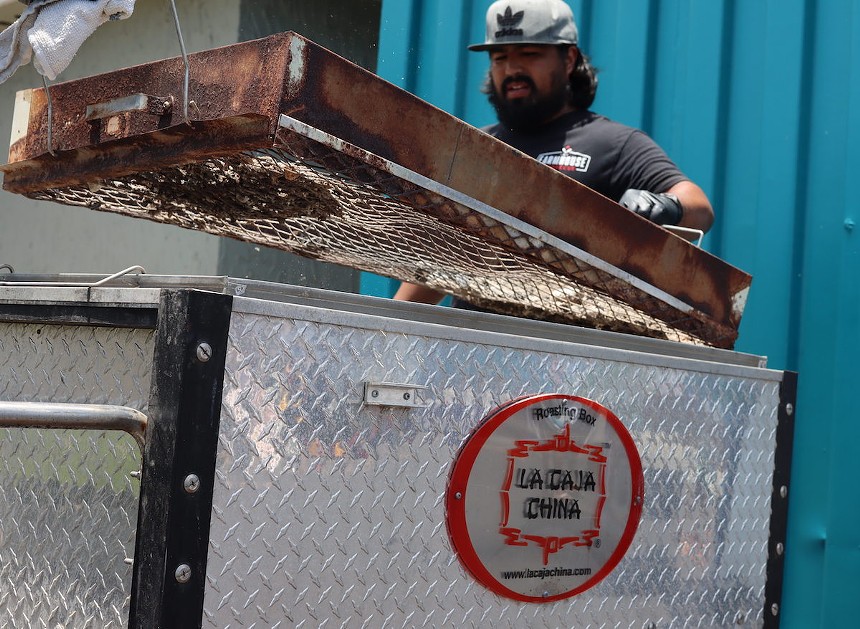
Farmhouse BBQ chef/owner Jorge Duran mans the Caja China at his restaurant inside Beat Culture brewery.
Photo by Nicole Danna
"It requires no electricity and cooks in half the time as a traditional smoker. You just set it and forget it — that's the beauty of it," Avian Guerra says, adding that the product pretty much sells itself.
Today, Florida's take on the pig roast is prepared by Cuban and non-Cuban Floridians alike. A whole hog slow-cooked for four to six hours, yields moist and tender meat encased in the prized layer of crisp, golden skin known as chicharrón.
On Christmas Eve, households across South Florida will be roasting pigs in China boxes. If you plan to try out the method yourself, Avian Guerra guarantees you're meal will be perfect if you follow these three simple tips: Make sure the pork is close to room temperature when you start cooking and be sure to reach at least 170 to 187 degrees before flipping; set it and forget it — do not open the box for any reason until it's time to flip to crisp up the skin; and then monitor it frequently to be sure you don't burn the skin.
"It's everyone's favorite part, and that's the best part of using a Caja China," he says.

